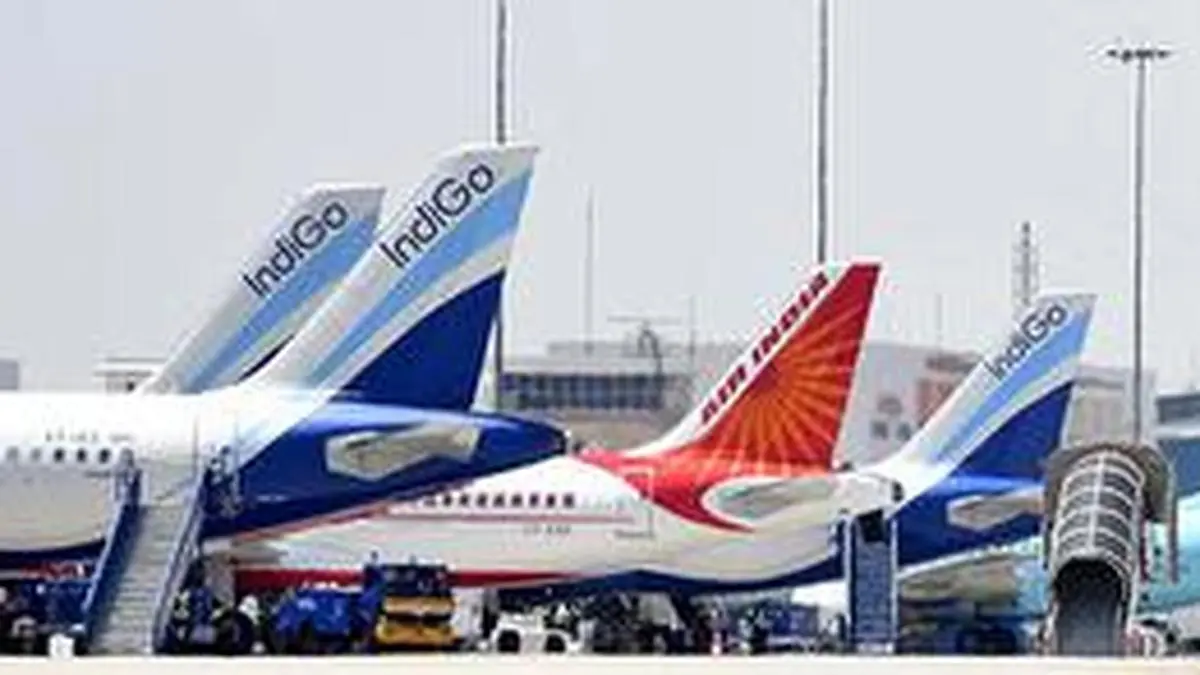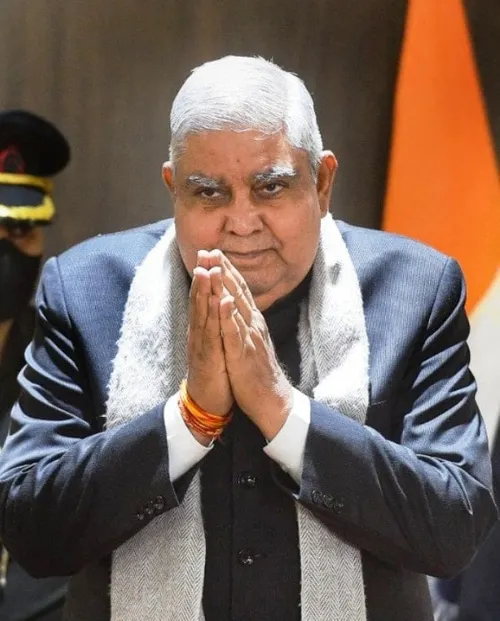The Bureau of Civil Aviation Security had on May 15 withdrawn security clearance for Turkiye’s airport ground-handling firm Celebi citing national security concerns. However, the bureau is yet to give details of the concerns. The action was seen as a direct fallout of Turkiye’s support for Pakistan following India’s military action against terrorist infrastructure in Pakistan that came after the terror attack in Pahalgam, J&K on April 22.
What does Celebi do?
Celebi provided passenger and cargo ground-handling services to airlines at nine airports in the country, including Delhi, Mumbai, Bengaluru and Hyderabad. In Delhi, it also ran the cargo terminal. According to an industry source cited earlier by businessline, Celebi handled about 160 flights daily at the 9 airports.
Celebi has been in present in India for more than a decade. It began its operations in Mumbai via a joint venture and gradually expanded to eight other cities.
businessline’s news reports indicate Celebi’s contracts and its employees in India are expected to be taken over by other ground-handling companies such as the Bird Group, AISATS, AI Airport Services to ensure continuity of flight operations. The validity of airport entry passes of Celebi’s staff is likely to be extended to enable the transition.
“We have been in discussion with airports and have expressed our readiness to take over Celebi’s operations to mitigate inconvenience to passengers,” AIASL CEO Rambabu Ch had told businessline.
Celebi Aviation’s website says that the company was founded as a ground-handling firm in 1958 and now additionally offers allied services such as cargo and warehouse services, bridge operations, lounge services and general aviation which includes parking, towing and cleaning of aircraft.
What is Celebi’s response to the India government’s move?
Celebi Aviation Holding’s group CEO Dave Dorner met Civil Aviation Ministry officials last week, likely to dissuade them from taking action. The CEO of their India operations had also written to the Mumbai airport insisting that the company had no political affiliation with Turkiye.
“Our business in India is truly an Indian business headed and managed by Indian citizens. All our investments were made through Foreign Investment Promotion Board clearances as per FDI norms and none of the board directors are Turkish nationals as is being alleged. We are security-cleared by the relevant regulatory bodies in India,” Tauseef Khan, the CEO of its ground handling operations in India, wrote in a letter to Mumbai International Airport.
Which Indian entities have ended their relationship with Celebi?
Adani Airport Holdings said it had terminated the ground-handling concession agreements with Celebi for the Mumbai and Ahmedabad airports. Delhi’s airport operator also terminated its arrangement with Celebi. Likewise, the other six airports where Celebi was contracted to offer services.
The Mumbai and Ahmedabad airports have roped in Indo Thai Airport Services to provide ground-handling services to airlines on a temporary basis until the finalisation of a new service provider. Indo Thai, which offers ground handling services at nine airports, had already been named as one of the ground-handlers at the upcoming Navi Mumbai airport.
Under what law did the government withdraw security?
The government’s Bureau of Civil Aviation Security withdrew the security clearance for Celebi citing national security concerns.
Under India’s Aircraft Rules of 1937, Rule no. 92 – relating to ‘Aerodromes’ – indicates that ground-handling companies require a security clearance from the government to operate in airports.
India’s Aircraft Security Rule no. 11 states: No aerodrome or aircraft operator can commence operations without obtaining security clearance and approval of security arrangements from the Director General, ensuring safety and security compliance. As per Rule no. 12, the Director-General holds the authority to suspend, cancel, or impose conditions on security clearances and programmes in cases of non-compliance or national security concerns.
How has Celebi responded?
Celebi Airport Services India has, in a May 16 filing, asked the Delhi High Court to set aside the Indian government’s decision. It argued that it would impact jobs and investor confidence, and that the clearance was withdrawn without any warning to the company.
“Mere rhetoric of national security without elaborating upon in what manner… an entity (is) a threat to national security is unsustainable in law,” the company said in the filing, which is not public, and was cited by Reuters.
The order “fails to disclose any specific or substantive reason except for a vague and general reference to ‘national security’… (it) provides no reasons or justification,” it added.
In its filing, Celebi said that while its shareholders were registered in Turkiye, “majority end control” of the group is held by companies that do not have Turkish incorporation or origin.
In a statement, parent firm Celebi Aviation based in Turkiye had said: Çelebi Aviation is majority-owned (65%) by international institutional investors from Canada, the United States, the United Kingdom, Singapore, the United Arab Emirates, and Western Europe. Actera Partners II L.P., a Jersey-registered fund, holds a 50% stake in Çelebi Havacılık Holding A.Ş., Alpha Airport Services B.V., a Dutch-registered entity, owns 15%, and the remaining 35% is held by the Çelebioğlu family, which had founded the company. It added in the statement that its India operations employed about 10,000 people.
Does Celebi have any political affiliation?
There were also reports that Turkish president Erdogan’s daughter Sumeyye was part owner in the parent company. However, the company had ‘categorically’ rejected “the false claim being propagated around Turkish president Erdogan’s daughter Sumeyye being a part owner in the company”.
“For the record and in line with complete transparency, there is no one named Sumeyye owning any shareholding in the parent organisation. The Turkish shareholding is solely limited to members of the founding Celebioglu family; Mr. Can Celebioglu and Ms. Canan Celebioglu (each holding 17.5%), nor any individuals with the same…. Both siblings have no political affiliations or associations of any kind,” according to the statement.
The Pakistan-Turkiye diplomatic relationship
Not only did Pakistan use Turkish drones against India in the recent conflict between the two countries, but Turkiye has in the past also commented on the issue of Kashmir.
When Turkiye’s President Recep Tayyip Erdogan visited Pakistan in February, he had said that the Kashmir issue ought to be resolved through dialogue between India and Pakistan, with “due consideration for the aspirations of the Kashmiri people”.
“The Kashmir issue should be addressed according to the UN resolution through dialogue and keeping in mind the aspirations of the people of Kashmir,” Mr. Erdogan said. “Our state and our nation, as in the past, stands in solidarity with our Kashmiri brothers today,” he added.
Are similar curbs by India against other foreign companies likely?
Action against other Turkish companies or offerings look likely. For example, Himachal chief minister Sukhvinder Singh Sukhu says he will seek a ban on the import of Turkish apples.
In the past, India had banned several Chinese apps such as TikTok and CamScanner, following the skirmish between Indian and Chinese soldiers in Galwan. By inference it is likely that India would seek to ban or withdraw authorisation to operate in India for companies from countries that the government perceives as inimical to the country’s interests.
Anurag Dhole is a seasoned journalist and content writer with a passion for delivering timely, accurate, and engaging stories. With over 8 years of experience in digital media, she covers a wide range of topics—from breaking news and politics to business insights and cultural trends. Jane's writing style blends clarity with depth, aiming to inform and inspire readers in a fast-paced media landscape. When she’s not chasing stories, she’s likely reading investigative features or exploring local cafés for her next writing spot.






